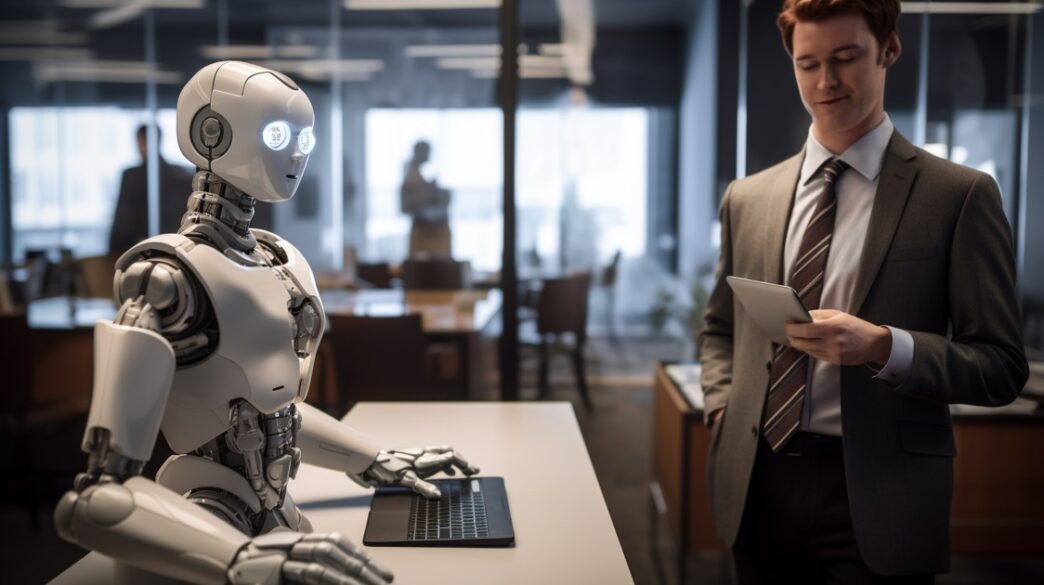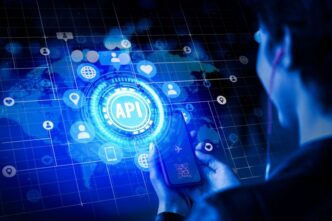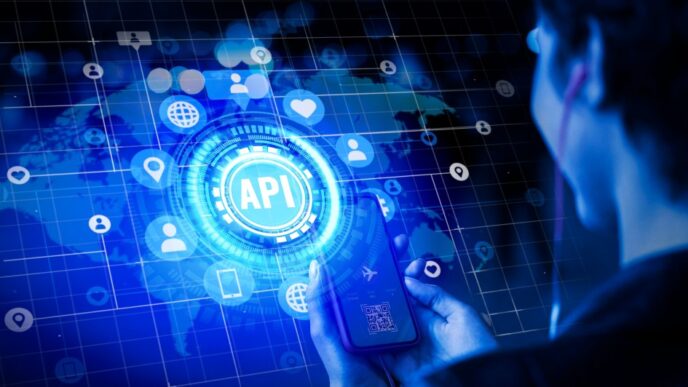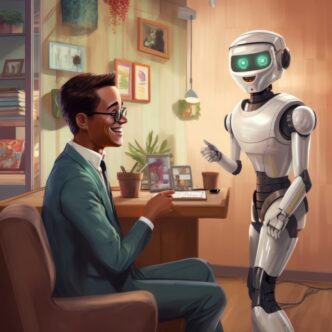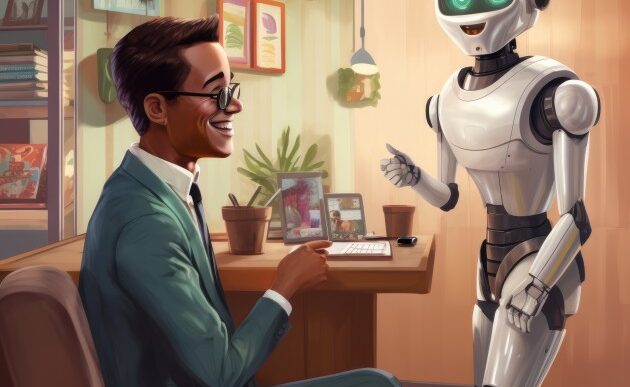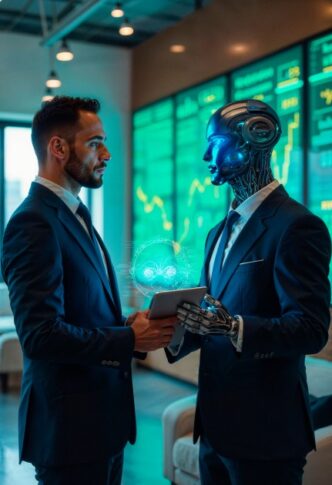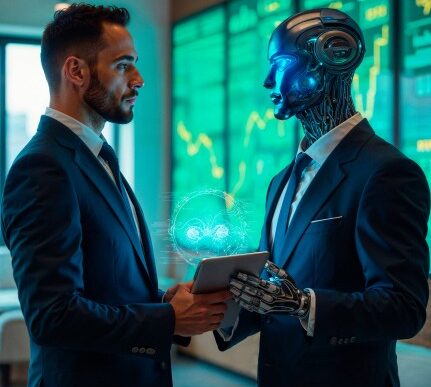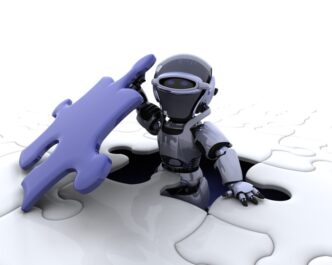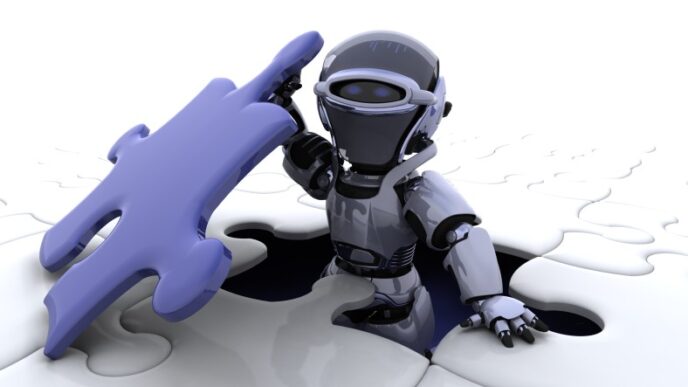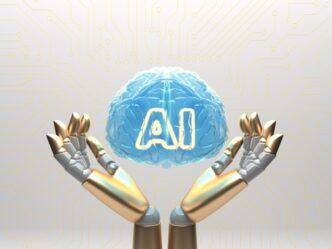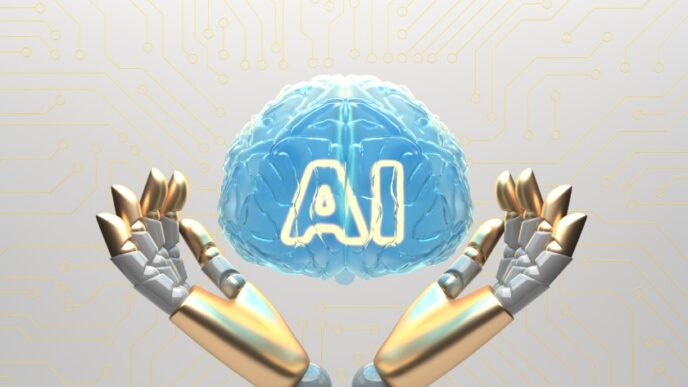The emergence of AI agents has ignited a lively discussion about what the future of work might look like. As these advanced systems gain the ability to make decisions on their own, carry out tasks, and tackle complex problems, many people are left wondering if we’re heading toward a world where human workers are no longer needed. However, the truth is much more complex than just a straightforward replacement story.
Getting to Know AI Agents
AI agents stand apart from traditional software because they can sense their surroundings, make choices, and take actions to reach specific goals with little human help. Unlike basic automation tools that simply follow set instructions, these agents can adjust to new circumstances, learn from their experiences, and manage intricate, multi-step tasks. They’re already making waves in various fields, from customer service to financial analysis, showcasing skills that go well beyond mere data crunching.
Where AI Agents Shine
AI agents are particularly adept at managing routine, data-heavy tasks that follow predictable patterns. They can process huge amounts of information at lightning speed, work tirelessly without getting tired, and maintain a consistent level of performance. In tasks like data entry, handling basic customer questions, scheduling appointments, and executing simple financial transactions, AI agents often surpass humans in both speed and accuracy, all while significantly cutting down operational costs.
This technology really excels in environments with clear rules and measurable results. Financial trading algorithms, inventory management systems, and quality control processes gain a lot from AI agents’ ability to constantly monitor conditions and react immediately to set triggers.
The Unmatched Human Touch
Even with all the amazing things AI can do, there are still some qualities that only humans possess. Think about emotional intelligence, creative problem-solving, and the knack for navigating complex social situations these are distinctly human strengths. Jobs that require empathy, like counseling or managing intricate customer relationships, thrive on human intuition and emotional insight.
When it comes to creative fields, the uniqueness of humans shines through even more. Sure, AI can whip up content and lend a hand with creative tasks, but the originality, cultural awareness, and emotional depth that humans bring to art are hard to beat. Plus, strategic thinking, ethical reasoning, and the ability to make nuanced decisions in tricky situations are areas where human judgment truly shines.
A Shift, Not a Replacement
Instead of a complete takeover of jobs, what we’re really seeing is a shift in how work gets done. Many positions are evolving to include AI support, leading to hybrid workflows where humans and AI work together, playing off each other’s strengths. For instance, administrative professionals are now teaming up with AI to tackle routine tasks, allowing them to focus on strategic communication and building relationships. Financial analysts are using AI for data crunching while honing in on interpretation and strategic advice.
This partnership often enhances jobs rather than wiping them out. With repetitive tasks off their plates, workers can dive into higher-value activities that tap into human creativity, judgment, and interpersonal skills. The secret is learning to work alongside AI instead of trying to outdo it.
The Economic and Social Implications of AI
Bringing AI agents into the workforce opens up a world of possibilities, but it also comes with its fair share of challenges. Sure, some jobs might fade away, but history has shown us that when technology advances, it often paves the way for new kinds of work. Just think back to the industrial revolution it wiped out a lot of agricultural jobs but also sparked a boom in manufacturing roles. Fast forward to the digital revolution, which shifted some traditional jobs aside while giving rise to exciting new careers in tech, digital marketing, and online services.
That said, the speed at which AI is evolving could lead to disruptions happening faster than we’ve seen in the past. This rapid change calls for us to be proactive about workforce development, investing in retraining programs, and establishing social safety nets to help workers navigate these transitions.
Looking Ahead
To thrive in a workplace enhanced by AI, we need to focus on building skills that work alongside artificial intelligence rather than against it. Skills like critical thinking, emotional intelligence, effective communication, and creative problem-solving are becoming more and more essential.
Organizations also need to rethink their human resources strategies, prioritizing the retraining of current employees and crafting roles that make the most of the unique strengths of both humans and AI. This could mean reshaping teams, redefining job roles, and opening up new career paths that we haven’t even imagined yet.
Moving Forward
The real question isn’t whether AI will take over human jobs, but rather how we can integrate it in a way that benefits both workers and society as a whole. Thoughtful implementation means considering the human side of AI deployment and investing in education and training programs that help workers adjust to these new realities.
Everyone has a part to play in this transformation policymakers, business leaders, and the workers themselves all have crucial roles in shaping how this unfolds.By prioritizing collaboration over replacement, we can tap into the power of AI while still valuing the unique human contributions that give our work meaning and help society thrive.
The future of work is likely to be defined by a deeper partnership between humans and AI, where each brings their own strengths to the table, achieving results that neither could reach alone. Instead of seeing AI as a threat, we should recognize it as a valuable tool that, when used correctly, can amplify human potential and open up new avenues for fulfilling work.
The real challenge isn’t about stopping this technological shift; it’s about guiding its development in a way that promotes human well-being alongside the progress of artificial intelligence.

